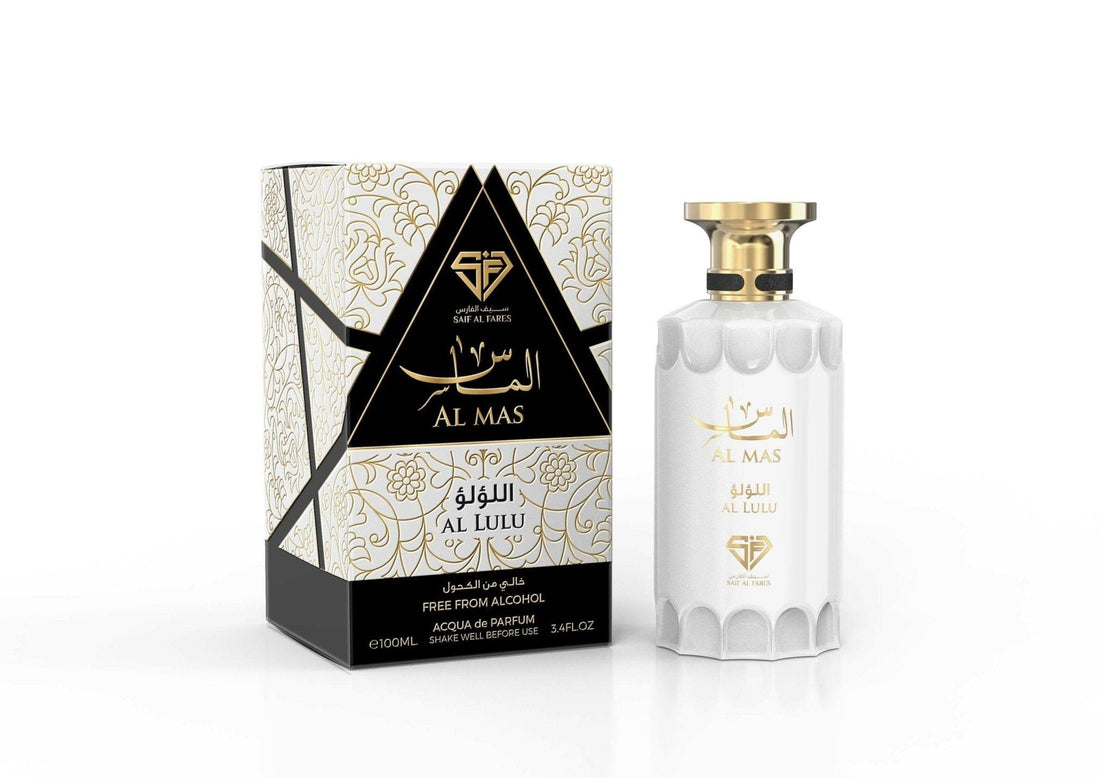
The Role of Perfume in Arab Culture and Daily Life
Share
In Arab culture, perfume is far more than just a luxury—it is a way of life. Fragrance is deeply woven into social customs, religious practices, and personal grooming rituals across the Gulf region. From the moment one steps into an Arab home to festive celebrations and daily routines, the presence of scent is powerful, intentional, and deeply meaningful.
A Sacred Tradition Rooted in History
The use of perfume in the Arab world dates back thousands of years. Ancient trade routes once flowed with exotic resins, incense, and oils, connecting Arabia with the rest of the world. Perfume was seen as a divine gift, used in both spiritual rituals and everyday life. This legacy still lives on in the way fragrances are revered and incorporated into modern Arab society.
Fragrance as Spiritual Expression
In Islam, cleanliness and personal grooming are emphasized, and scent holds a sacred value. Non-alcoholic and personal care perfumes are often used before prayers, especially on Fridays. Alcohol-free or oil-based perfumes are considered more spiritually appropriate, and many Arabs choose them as an act of faith as well as personal preference.
Daily Rituals and Hospitality
Fragrance is a cornerstone of Arab hospitality. Guests are often welcomed with the ritual of premium bakhoor—wood chips soaked in fragrant oils and burned to release luxurious smoke. This act symbolizes respect and generosity. Homes, clothes, and even hair are perfumed regularly using incense or perfume sprays.
Cultural Identity and Social Symbolism
Wearing perfume is also a form of self-expression and identity. Each individual may have their signature perfume, often custom-blended or passed down through family traditions. Gifting perfume is a cherished cultural norm, especially during Eid and weddings, making scents a reflection of one’s style, status, and intention.
The Continued Legacy of Natural Ingredients
Traditional Arab perfumery favors potent natural ingredients like oud, musk, amber, rose, and sandalwood. These ingredients are rich, long-lasting, and emotionally resonant. Aqua perfumes and florals are increasingly blended with traditional elements to create scents that honor heritage while embracing modernity.
Fragrance in Special Occasions
From daily prayers to significant life events, perfumes mark important moments. Men and women wear different perfumes based on the time of day, occasion, and even social setting. Strong, bold scents are favored in the evenings and during celebrations, while lighter tones may be chosen for casual or daytime use.
Conclusion
Perfume in Arab culture is not merely a fashion statement—it is a spiritual, cultural, and social language. Whether through the sacred use of premium bakhoor, daily application of personal care oils, or the elegance of a signature perfume, fragrance plays a central role in expressing identity and tradition. In the Gulf, scent is memory, mood, and meaning—all wrapped in a beautifully scented bottle.




